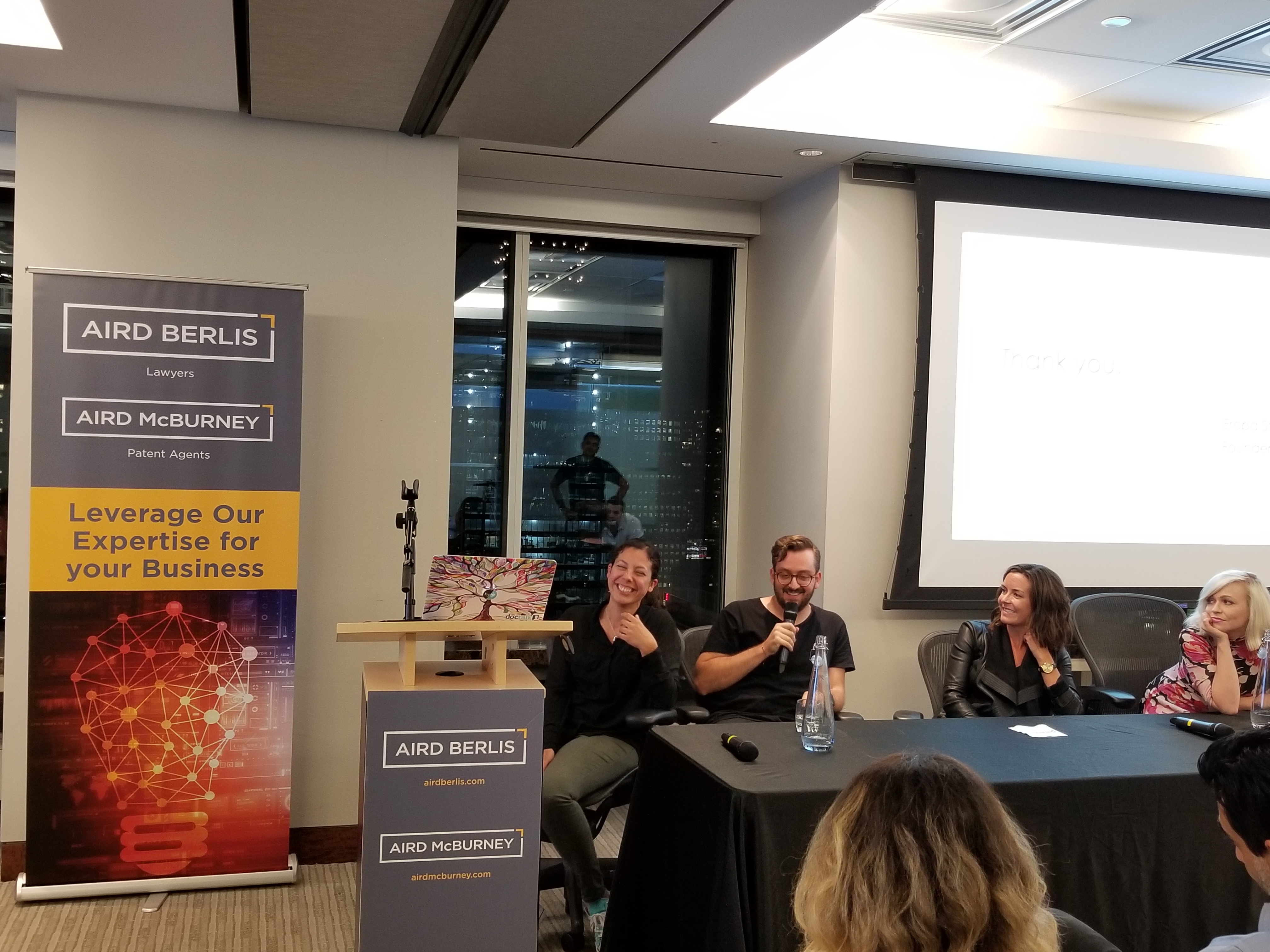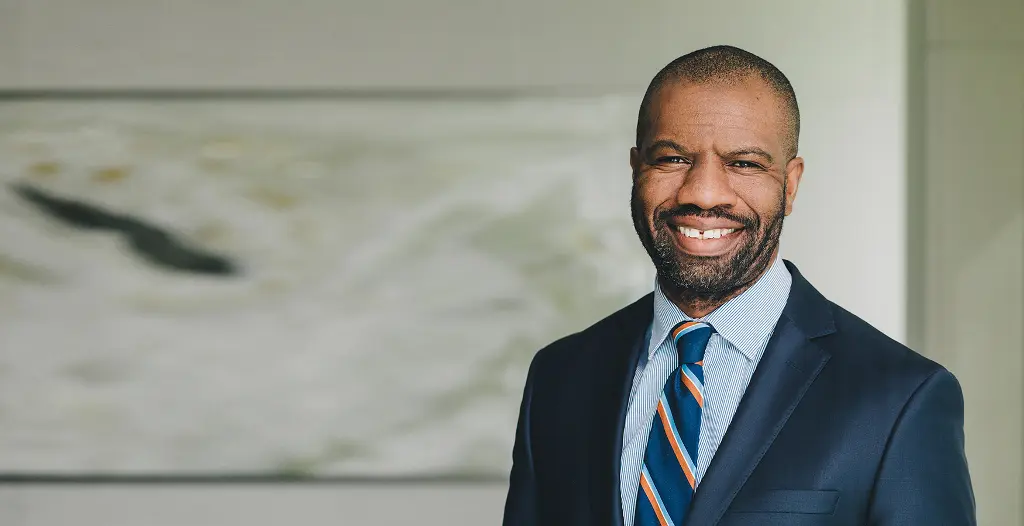Does Your Brand Reflect Your Personality?

Founders of startup companies spend months, if not years, developing their ideas and building their business from the ground up. However, once their idea has been executed and financing is in place, what can they do to stand out in a crowd? Making sure a startup has the right branding in place will help distinguish it from its competitors.
At a recent Founder Institute session on branding and design, Kelsey Cole, Jessica Peters, Angelo Esposito and Eropa Stein shared their insight and experience on how to make your brand work for you.
Branding is the personality of your company and conveys how you are seen by potential investors, customers, and even your competitors. However, one common thread that was discussed by our four experts is that your brand is not set in stone. As your company grows and evolves, your brand can grow and evolve as well.
Jessica Peters, the Director of Business Development for Code + Mortar discussed the importance of speaking to customers and getting feedback during brand development. She outlined six highlights of selling the brand:
- Your brand speaks for you
- Listen (the customer is always right)
- Do the unexpected
- The one liner (you only have one chance at first impressions)
- Don’t stress – brands evolve
- Believe in your brand
Angelo Esposito, the founder of WISK, spoke to the importance of targeting your brand to your customers. His advice for those startups that are thinking about what their brand should look like was to “figure out where your customers are and design around it.”
Kelsey Cole, founder of MVM inc., states that “mavericks are made not because they follow trends or people, but because they refuse to conform to any brand.” While some of the world’s leading brands didn’t always have a positive reputation, it’s how you deal with things when there is a crisis or negativity surrounding your brand. It’s hard to change the reputation of a company, but it is possible. And, as Kelsey says, if you’re able to turn your reputation around, “burn the history book. What happened before doesn’t matter.”
Eropa Stein, Founder & CEO of Hyre, focused mostly on her experience in designing her website. Her clear message was “your design goals depend on your company goals and the stage you’re at.”
Once you have your branding in place, what steps can you take to protect your brand? Protecting your intellectual property is important at each stage of your business lifecycle. While most companies only consider securing patents for their inventions, your brand is one of the most valuable assets your company has, so why wouldn't you protect it by registering trademarks for your brand name, logo(s) and tag line(s)?
No matter what stage you are at, remember that you are in it for the long haul. You want to ensure that your branding conveys who you are and what you do, and helps you to stand out from your competitors. But make sure that you have the right protections in place to secure and enforce your intellectual property and your brand!



